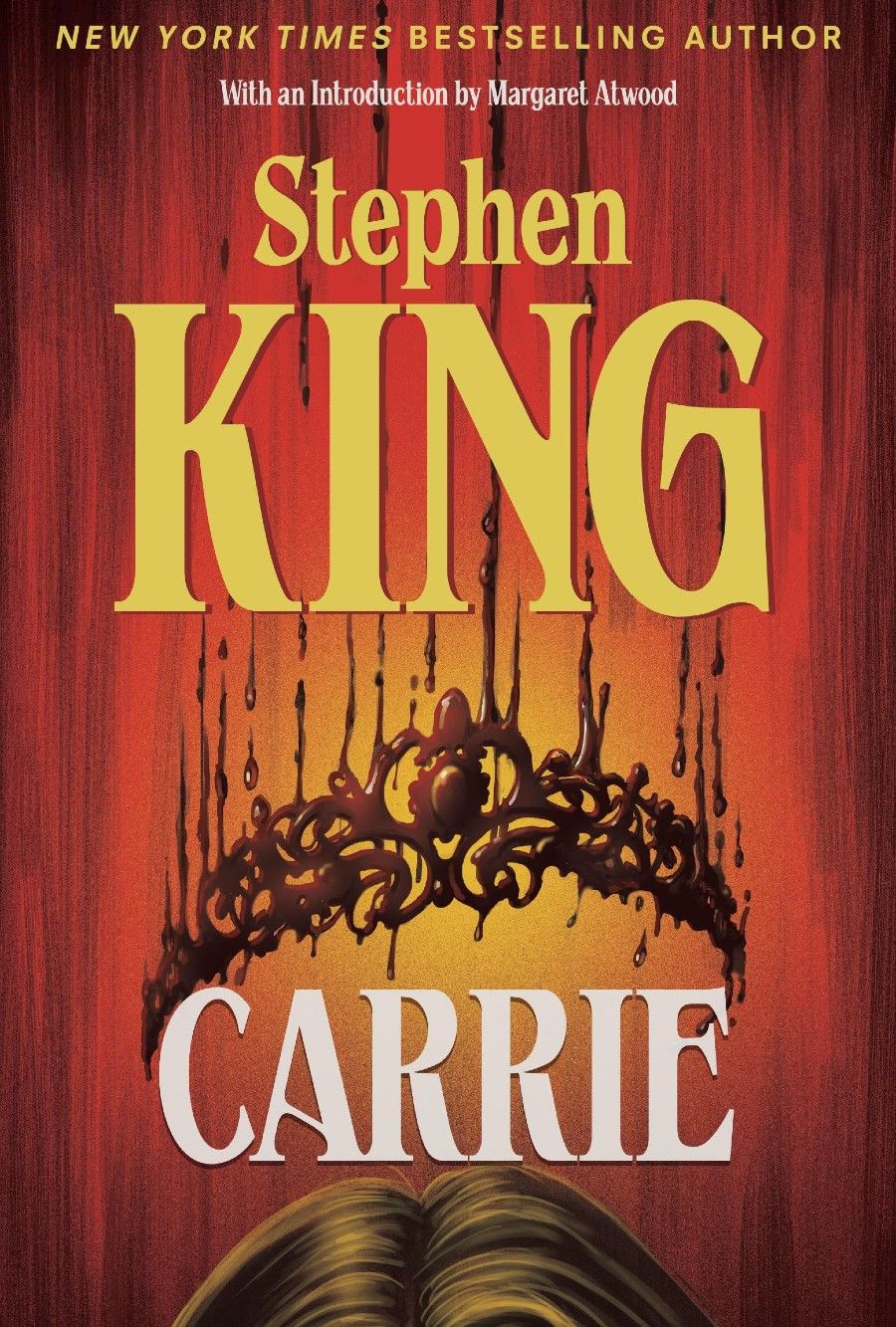Prince Andrew’s Royal Humiliation Deepens: Titles Stripped, Future Uncertain Amidst Epstein Allegations

Andrew Mountbatten-Windsor, formerly known as Prince Andrew, has begun life as a commoner after Buckingham Palace confirmed he has been stripped of all his royal titles, honours, and the distinguished “His Royal Highness” (HRH) style. The decisive action personally authorized by King Charles III also includes Andrew’s eviction from Royal Lodge, his long-time residence, and his relocation to a private property on the monarch’s Sandringham Estate in Norfolk.
The decision marks one of the most significant disciplinary actions in modern royal history, following years of public outrage over Andrew’s relationship with convicted American sex offender Jeffrey Epstein and sexual abuse allegations by Virginia Giuffre.
Giuffre’s posthumously released memoir, Nobody’s Girl, has reignited controversy, alleging that her first television interview was suppressed by ABC News under pressure from Buckingham Palace and Epstein’s lawyers — reportedly to preserve access to senior royals, including Prince William and Kate Middleton.
A Final Break from Royal Privilege
King Charles’s decision has been described as both inevitable and symbolic. His longtime confidant, Jonathan Dimbleby, characterized it as the culmination of Andrew’s “arrogant, boorish, and entitled” behavior that had become a “consistent embarrassment” to the Crown.
According to palace insiders, Prince William supported the move, said to have been “seething” over his uncle’s past conduct. Within hours, Andrew’s name was deleted from the Official Roll of the Peerage, and royal warrants were issued stripping him of the titles Duke of York, Earl of Inverness, and Baron Killyleagh. He also lost membership in both the Order of the Garter and the Royal Victorian Order.
Though Andrew remains eighth in line to the throne, he has not been an active Counsellor of State, and his royal duties have long been suspended.
Exile to Sandringham and Financial Fallout
Andrew is expected to move to one of several smaller residences on the Sandringham Estate — including York Cottage, Gardens House, or The Folly — though the relocation will reportedly occur after the New Year to avoid tension during the royal family’s traditional Christmas gatherings.
His former wife, Sarah Ferguson, who continued to live with him at Royal Lodge despite their 1996 divorce, is also being forced to vacate the property. Ferguson, who has faced her own controversies surrounding Epstein, is believed to have been offered no alternative royal accommodation.
Financially, Andrew may receive a compensation payout exceeding £500,000 from the Crown Estate for surrendering his 75-year lease on Royal Lodge an agreement for which he paid over £8 million in 2003. However, royal observers note that this is little consolation for the scale of his public and personal downfall.
Renewed Legal and Public Pressure
The scandal continues to carry legal ramifications. Giuffre’s family has called for renewed investigations, with her brother insisting Andrew “belongs behind bars.”
A UK Trade Minister suggested the former prince should cooperate with U.S. authorities if required to answer further questions regarding Epstein’s criminal network. The Metropolitan Police are also reportedly examining allegations that Andrew asked a protection officer to illegally obtain personal information about Giuffre.
Additionally, the anti-monarchy group Republic is said to be exploring a private prosecution for alleged sexual assault, corruption, and misconduct in public office — citing what it calls a “weak and inadequate” response by the British justice system.
The Wider Impact on the Monarchy
Royal experts suggest Andrew’s daughters, Princess Beatrice and Princess Eugenie, will retain their titles but may seek to distance themselves from their father’s disgrace. Historian Andrew Lownie accused Andrew of “using his Trade Envoy position to line his pockets and pursue women,” citing notorious trips where he allegedly consorted with sex workers, despite previous warnings from the then-Prince Charles.
While King Charles III is said to feel “a measure of relief” at finally severing royal ties with his brother, commentators like Marina Hyde argue that the act of “de-princing” could mark a turning point for the monarchy itself potentially setting a precedent for holding royals publicly accountable.
Buckingham Palace, in a rare public statement, expressed “deep sympathies with victims and survivors of abuse,” reaffirming its stance on the matter. Andrew, meanwhile, continues to deny all allegations of wrongdoing but his royal life, and reputation, appear irreversibly diminished.
You may also like...
Bulls Channel Jordan Era Magic: Team Achieves Historic 5-0 Start for First Time Since 90s Dominance

The Chicago Bulls have soared to an impressive 5-0 start, leading the Eastern Conference for the first time since the 19...
SGA's Home Targeted: Police Probe Break-In at Star Player's Residence

Oklahoma City police are investigating a burglary at NBA star Shai Gilgeous-Alexander's home, an incident that aligns wi...
Horror Maestro Mike Flanagan's Stephen King Epic Inches Closer to Reality

Production has officially wrapped for Mike Flanagan’s series adaptation of Stephen King’s "Carrie." Flanagan revealed a ...
Bollywood Titans Unite! Netflix Secures Massive Deal with Yash Raj Films

Yash Raj Films and Netflix have joined forces to bring a vast catalog of Bollywood classics to global streaming audience...
Rap's Unprecedented Chart Slump: The Alchemist Sounds Off on Hot 100!

For the first time since 1990, rap songs are absent from the Billboard Hot 100's top 40, ending a 35-year streak. This s...
Beatles Biopic Reveals Star-Studded Cast for Fab Four's Wives!

The upcoming four-part Beatles biopic has announced the actresses cast as the wives of the Fab Four, joining a stellar l...
Pensioners Alert! Crucial Winter Fuel Payment Dates & Amounts Revealed!

Millions of pensioners in England and Wales are set to receive DWP Winter Fuel Payments of £100 to £300 starting this mo...
Unmissable Skincare Deal: Boots' No7 Gift Set Slashes £96, Promises 'Life-Changing' Results!

Boots is offering significant discounts on popular beauty items, including the No7 Future Renew Collection Gift Set at b...




